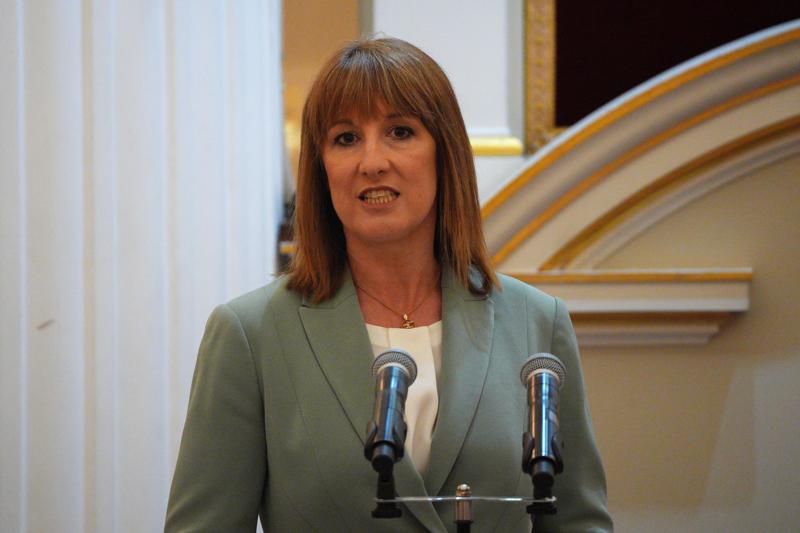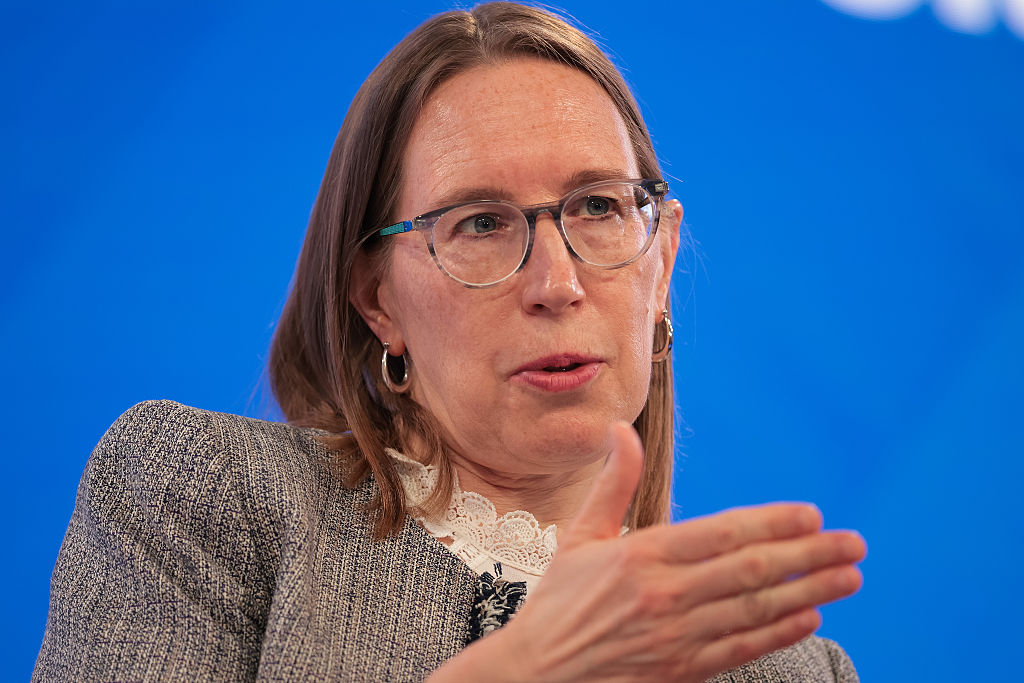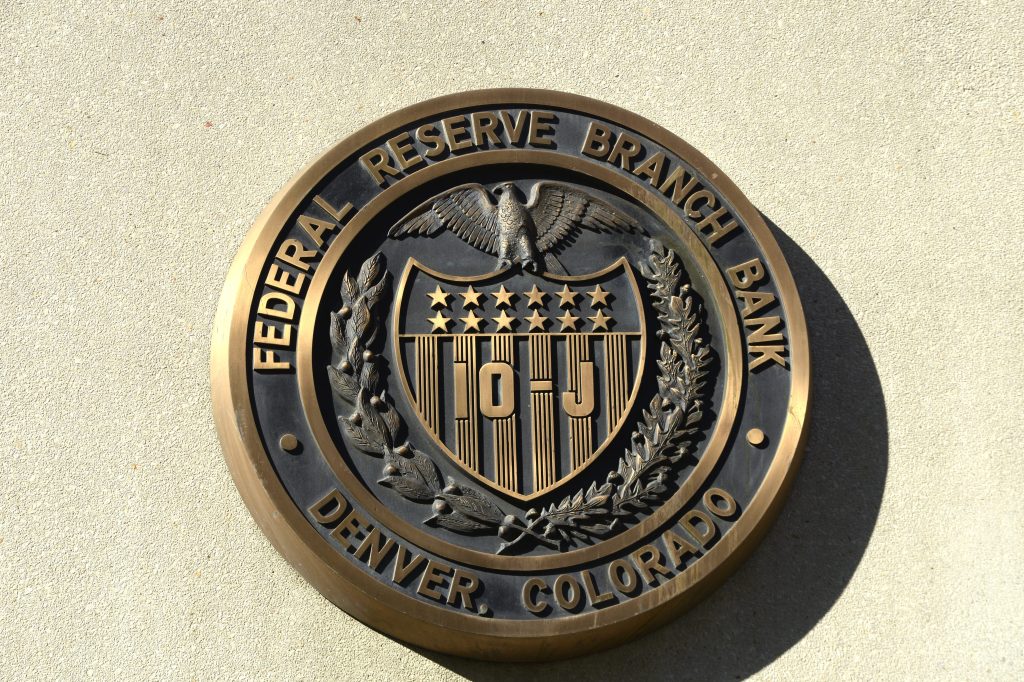James Staley has referred the FCA decision to fine him £1.8m ($2.2m) and ban him from holding a senior position in financial services to the Upper Tribunal. This is a good thing, not because it might result in a lesser penalty (a bad thing), but because it will establish case law in relation to the Individual Conduct Rules (ICRs) and Senior Manager Conduct Rules (SMCRs).
FCA’s case against Staley
As CEO of Barclays, Staley was required to comply with both the ICRs and the SMCRs. It is the FCA’s case that he did not act with integrity (Breach of ICR 1), was not open and cooperative with the FCA (Breach of ICR 3) and did not disclose to the FCA information which it would reasonably expect.
Each of these alleged breaches were in relation to a letter written by Barclays to the FCA in relation to Staley’s relationship with Jeffrey Epstein. In particular the FCA alleges that Staley recklessly approved a letter sent by Barclays to the FCA which contained two misleading statements – the first about the nature of his relationship with Epstein, and the second about the time of their last contact.
Staley’s relationship with Epstein is not the point here. The FCA has signalled by its actions that it is prepared take action against very senior individuals for breaches of conduct. To date the FCA has failed to use the powers that it has under SMCR, risking lack of faith in the regime at a key time when the government has decided to review it. The opinion of the Upper Tribunal is important to help both firms and the FCA determine where the boundaries lie.
There are two other aspects of this case that bear closer reflection and on which the Upper Tribunal may have a view. The first is that the FCA decision notice specifically refers to Staley’s failure, in 2018, to act with skill, care and diligence (a breach of ICR2) in relation to the investigation of a whistleblower. The point being that, given previous findings about Staley, he should have been in no doubt about the importance of strict observance of the right standards.
Did Barclays do anything wrong?
The second additional point of interest is around whether Barclays itself could be found to have done anything wrong. This seems unlikely under the circumstances but given that the representations made by Staley seem to suggest that since the letter in question was sent by Barclays and signed by Barclays then if there was anything wrong with it, the issue lies with Barclays.
Whilst one hopes that common sense will prevail here there are echoes of the other Barclays-related Upper Tribunal Decision which is still awaited. This relates to the way in which the breach of integrity by a senior individual (in this instance in relation to dealing with the Qataris) can be attributed to the legal entity.
Guidance on all of this from the Upper Tribunal is urgently needed.
Ben Blackett-Ord founded Bovill in 1999 and led it as CEO until 2022. Ben continues to support Bovill’s executive team and clients, as well as being a prominent figure in the financial services industry.


















